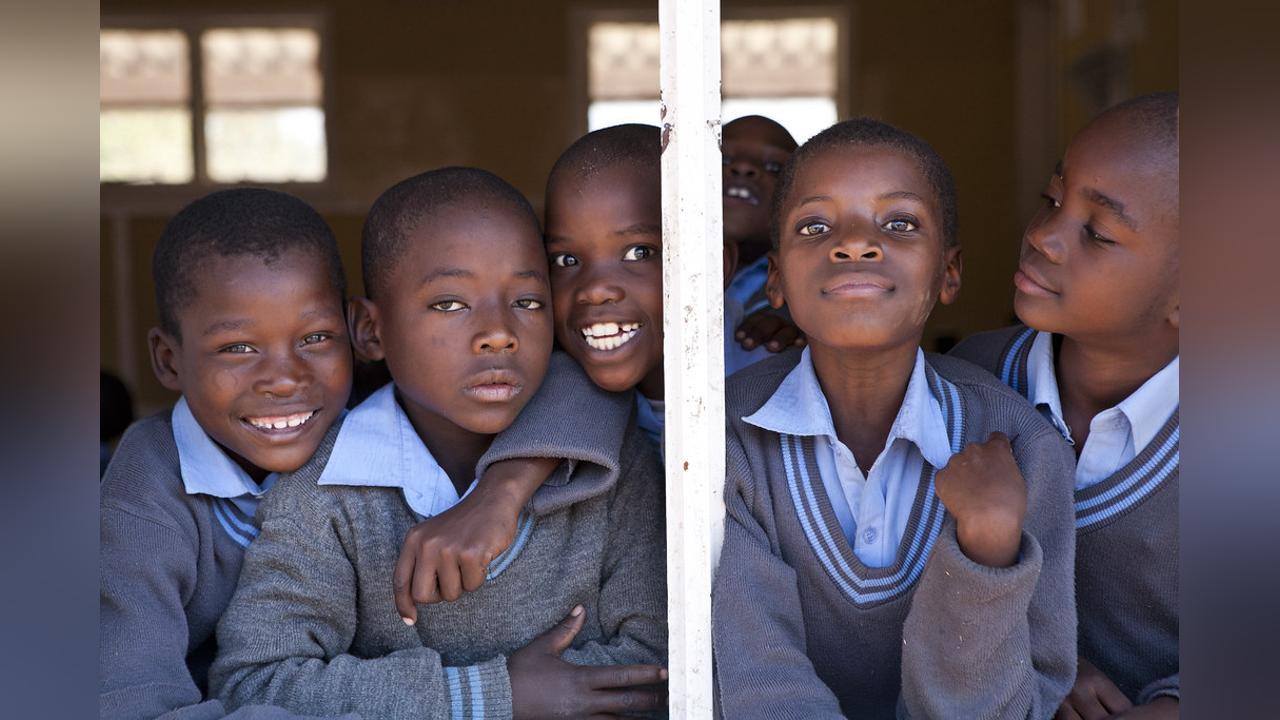Africa-Press – Botswana. Multitudes paid homage to Mosiiwa Primary School’s centenary legacy and its remarkable journey from humble beginnings.
Giving a keynote address at the school’s 100 years anniversary celebration in Hukuntsi on Saturday, Ministry of Child Welfare and Basic Education deputy permanent secretary, Professor Agreement Jotia applauded the school for maintaining consistency in its primary school leaving examinations averaging 83 per cent.
“We are of the firm belief that Mosiiwa Primary School will continue to produce brilliance, with the right support,” he said.
He said government was determined to revise and improve the education system to make it inclusive and relevant to the current socio-economic landscape.
“For the longest time, an impression was created that the further away you were from Gaborone, the further away you were in development, the root of which is Education. Mosiiwa has defied these odds,” he said.
Prof Jotia further noted that government emphasised early childhood and recognised the importance of introducing the mother tongue at the foundational early years of schooling.
“We want to demystify the belief that English medium schools are the only ones which produce the best student, but showcase that given the right foundation and opportunity, all schools, including government schools like Mosiiwa do and can continue to produce Botswana’s best,” he said.
He said, he had no doubt that amongst the students present at the celebrations, were future leaders across all disciples, adding that, for that, Mosiiwa would continue to produce Doctors, Educationist, Ministers, Diplomats and Scientists.
While acknowledging the challenges at the school, he noted that most schools were lacking good quality infrastructure.
“We lack basic equipment that in the modern age is required to take advantage of the advancement of technology,” he said.
In recognition of these challenges, he indicated that government had taken the first step by establishing the Ministry of Child welfare and Basic Education, which had been allocated the second highest recurrent budget allocation.
“This is recognition of the importance of investment in children’s growth and welfare from early stages, which is vital for their intellectual growth,” he said.
In the current economic state, he called upon the private sector and the community to put into practice the concept of philanthropy to help government in reaching the aspiration of an Educated and informed Nation, ensuring inclusive and lifelong learning opportunities for all.
“Within the confines of available financial and technical resources, the Ministry of Child Welfare and Basic Education, is determined to use these partnerships to create channels for more community-based involvement in education, such as forming school management committees that include local stakeholders,” he said.
In her remarks, Namibia High Commissioner to Botswana, Ms Elizabeth Kakukuru shared that the 100 years of existence of the school was a testament of school success from humble beginning, standing against all odds in producing some of the highly qualified citizens without amenities.
She noted that, the intention to unlock excellence which in-turn led to success in such difficult and challenging environment for both teachers and learners was driven by will to win, the desire to succeed and the urge to reach full potential.
“Discipline is key. Being visionary and fixing aspiration and eyes on the goals,” she said.
Ms Kakukuru shared that nowadays with all the technology, conducive teaching environment and access to facilities such as buildings, power libraries both teaching and learning has been made easy.
Meanwhile, she mentioned that there were challenges facing students, which included, disrespect to teachers and parents, peer pressure, social media influences, substance and alcohol abuse. “In a very competitive world of today where unemployment amongst young people is very high, academic qualifications alone are not sufficient for job offers but our learners need to have good manners, we need to follow footsteps of our parents and all our alumni who have put the school name high and kept its legacy alive,” she said.
For his part, while reciting school centenary journey, Steering Committee chairperson, also class of 1961 alumni, Mr Nelson Ramoncho shared that the school was established in 1952 by London Missionary Society Pastor named Henry Ramoagabo Keaikitse.
He shared that at first, the school began with classes of Sub A, Sub B, Standard 1 up to Standard 6.
“Up to now the school has had 18 school heads, with the first being Mr Keaikitse and the current being Ms Olivia Ditshetelo,” he said.
For More News And Analysis About Botswana Follow Africa-Press






